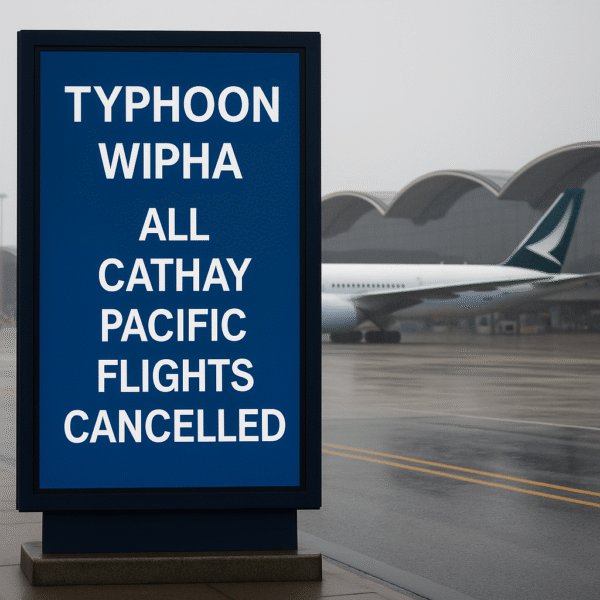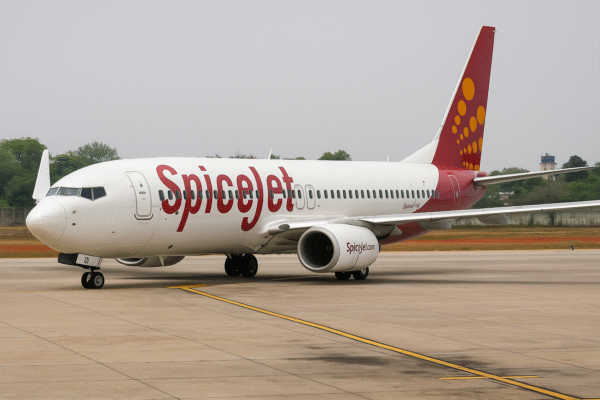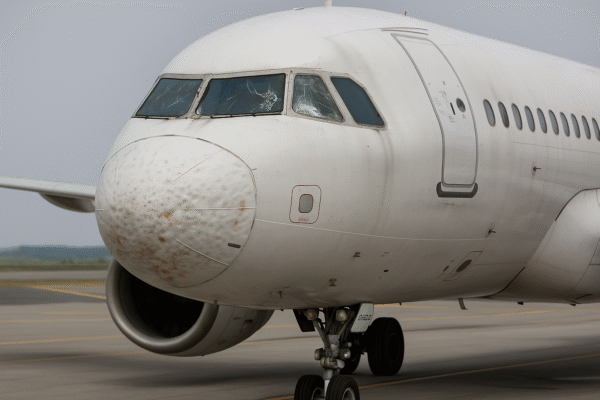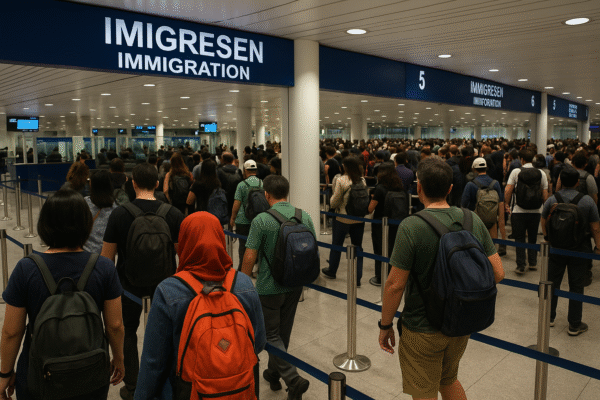Malaysia’s Immigration System Crashes During Peak Travel Season, Causing Widespread Delays at Airports and Land Borders
Malaysia has become the latest country to experience a major immigration system failure, joining the ranks of the United States, United Kingdom, Canada, Japan, Australia, France, and Singapore. A widespread technical breakdown of Malaysia’s automated immigration gates has caused severe delays at Kuala Lumpur International Airport (KLIA) and key land border checkpoints, stranding thousands of travelers and placing significant strain on the country’s entry infrastructure during one of the busiest travel seasons of the year.
The malfunction, which occurred on July 18, disrupted the MyIMMS (Malaysian Immigration Management System) and disabled more than 200 of the country’s automated autogates. While Malaysian citizens were largely unaffected, foreign nationals were forced to undergo manual immigration checks—leading to massive queues and wait times exceeding several hours in some terminals.
Disruption at Major Airports and Border Crossings
Among the most impacted locations were:
- Kuala Lumpur International Airport (KLIA) Terminal 1 and Terminal 2
- Bangunan Sultan Iskandar (BSI) CIQ Complex, Johor
- Sultan Abu Bakar CIQ (KSAB) Complex, Johor
KLIA, a major Southeast Asian aviation hub, saw social media flooded with photos and videos of congested immigration halls as overwhelmed staff struggled to manually process travelers. Similar congestion was reported at land crossings to Singapore—especially at the BSI complex, which regularly serves over 200,000 travelers per day.
Immigration officers deployed all available personnel and opened additional counters to expedite manual processing. Despite these efforts, significant delays persisted throughout the day and into the evening.
Possible Cyberattack and Ongoing Investigation
The cause of the malfunction is under investigation by the Immigration Department of Malaysia in coordination with cybersecurity authorities. Early findings point to a data integration failure within the MyIMMS system, which processes cross-border traveler verification data.
According to Malaysia’s Ministry of Home Affairs, officials have not ruled out the possibility of external interference or a cyberattack, though no confirmation has been provided. The department has committed to releasing a full technical report following the forensic review of system logs and security protocols.
This is not the first instance of system instability. In December 2024, a network switch failure at the BSI CIQ complex similarly brought autogates and QR code scanners to a halt, raising earlier concerns about the resilience of Malaysia’s digital border infrastructure.
Impact on Travelers and Tourism Sector
The timing of the failure—coinciding with the Eid al-Adha holiday travel rush and school vacation period—has exacerbated the fallout. Malaysia recently expanded autogate eligibility to travelers from 63 countries, including Singapore, Australia, Japan, and the United States, in an effort to streamline border entry and boost international arrivals.
Now, with those autogates inoperable, travelers from these nations are experiencing hour-long wait times, potentially jeopardizing connecting flights and holiday itineraries. Tour operators and airlines have advised passengers to arrive at least three to four hours before departure.
According to Tourism Malaysia, the country welcomed over 29 million tourists in 2024, and the sector is expected to exceed pre-pandemic travel levels by the end of 2025. However, incidents like this could tarnish Malaysia’s image as a smooth, efficient entry point to Southeast Asia.
Global Trend of Immigration System Failures
Malaysia’s immigration crisis mirrors similar incidents in major global hubs:
- United Kingdom (May 2024): e-Gates across Heathrow and Gatwick failed for over 8 hours.
- United States (2021): Nationwide APC (Automated Passport Control) outage delayed thousands.
- Australia (2022): SmartGate failures caused backlogs at Sydney and Melbourne airports.
- France (2022): PARAFE biometric gate disruptions led to hours-long queues at Charles de Gaulle.
- Canada (2022): Toronto Pearson’s PIK system failed, triggering manual clearance procedures.
Experts cite aging infrastructure, rapid digitization, and increasing cyber threats as the main challenges for national immigration systems. Countries are now racing to upgrade cybersecurity frameworks and establish redundancy mechanisms.
Government Response and Forward-Looking Measures
Malaysia’s government has pledged swift corrective action. In a statement issued by the Immigration Department, the ministry emphasized the need for a comprehensive review of MyIMMS, improved contingency planning, and the incorporation of AI-driven diagnostics to monitor system health.
Cybersecurity Malaysia, a national body under the Ministry of Communications and Digital, has been tasked with assessing the risk landscape and recommending system fortifications to prevent future breakdowns.
Additionally, Transport Minister Anthony Loke announced that upgrades to airport digital infrastructure, including cloud-based immigration backups and manual override protocols, will be prioritized ahead of Malaysia’s Visit Malaysia Year 2026 campaign.
Traveler Advisory
Until the system is fully restored, travelers entering or exiting Malaysia are advised to:
- Arrive early (3–4 hours before international flights)
- Monitor updates via the Immigration Department’s social media and official website
- Be prepared for manual passport checks at entry points
- Carry all relevant documentation to assist manual verification
Airlines including Malaysia Airlines and AirAsia are offering limited flexibility for affected travelers and rebooking assistance through their customer service channels.
Conclusion: A Call for Digital Resilience in Travel Infrastructure
Malaysia’s immigration system failure underscores a growing challenge facing global tourism—the fragility of automated infrastructure under stress. As countries compete to attract international visitors, maintaining robust, secure, and scalable border control systems will be critical.
With air travel set to surpass pre-pandemic records in 2025, the urgency for digital resilience has never been higher. For Malaysia and others, the solution lies in technological investment, cybersecurity reinforcement, and the ability to adapt swiftly in moments of crisis.
For more travel news like this, keep reading Global Travel Wire



















